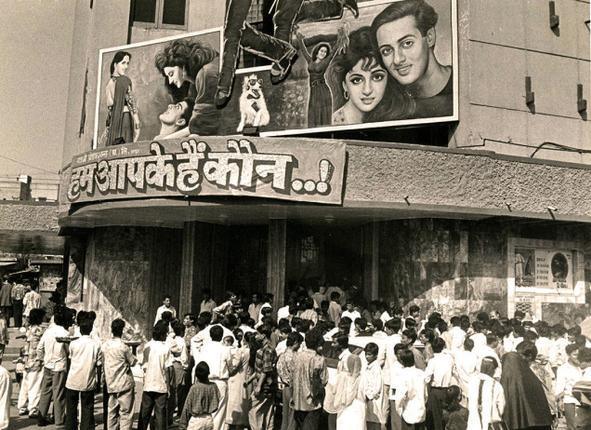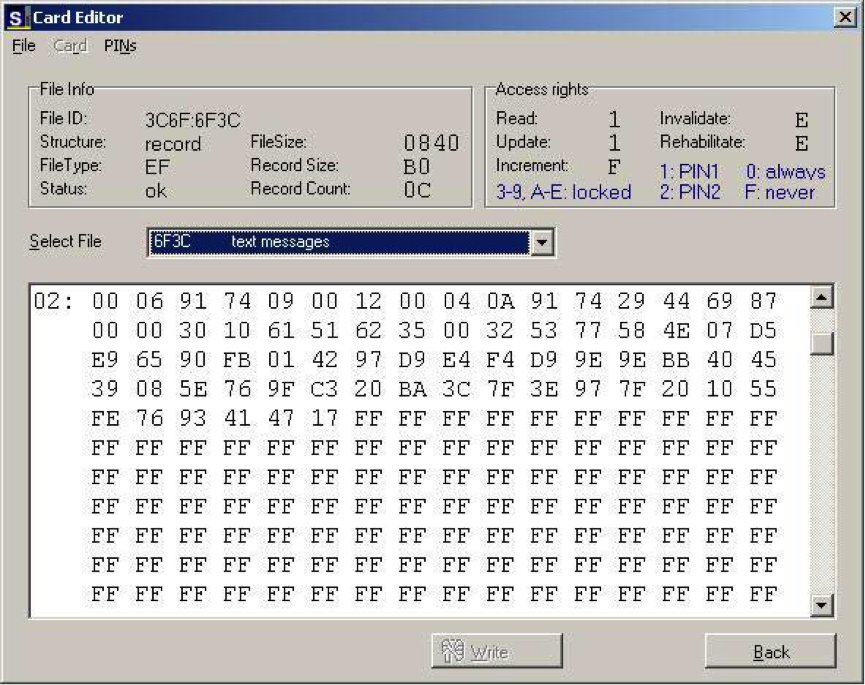Author: Sarai
-
Hinglish Workshop 2015 – Recordings
Following upon a successful workshop at Sarai-CSDS in August 2014, the Hinglish Workshop 2015 was organised at SOAS, University of London on 27-28 May, 2015. The workshop sought to continue our exploration of the new porousness of Hindi and English in everyday and cultural practices and the relationship between language choice/use and social, cultural and political imaginaries.
-
Call For Abstracts – The Act of Media: Workshop on Law, Media And Technology in South Asia
The Sarai Programme invites submission of abstracts for ‘The Act of Media’ workshop. Abstracts should not exceed 300 words, and should be sent to dak@sarai.net by 15th October, 2015, with the subject heading ‘Proposal for The Act of Media Workshop.’ Authors of the selected abstracts will be notified by 1st November 2015.
-
From Popular to Viral: The HAHK-DDLJ Media Swirl
This is the third research note from Abhija Ghosh, one of the short-term social media research fellows at The Sarai Programme. In mid 2014, a range of online film news content focused on two big blockbuster family romances of the nineties, Hum Aapke Hain Koun and Dilwale Dulhania Le Jayenge, marking twenty years since their…
-
Fielding Technology: Notes From Hinterland
This is the third research note from Mrinalika Roy, one of the short-term social media research fellows at The Sarai Programme. This is the third post of my project, where I look at the transformative affect that technology has had on the working of a rural newspaper Khabar Lahariya, thereby on the rural sphere and…
-
Item Numbers and Loudness
This is the third research note from Silpa Mukherjee, one of the short-term social media research fellows at The Sarai Programme. MORTY ROSENFIELD WAS SO STONED on Euphoria, a hot new synthetic drug, that he danced faster than a speeding cursor on a computer screen. It was 3 o’ clock one morning last July at…
-
Works of Three Net Artists in India: 1999 Onwards
This is the third research note from Charu Maithani, one of the short-term social media research fellows at The Sarai Programme. In 1999, Baiju Parthan paid serious attention to the changes that were slowly taking place with the novelty of the internet. The next advancement since industrial revolution, the world wide web was becoming a…
-
Phantasmal Tidings: Cell Phone Technology and Forensics
This is the third research note from Pallavi Paul, one of the short-term social media research fellows at The Sarai Programme. Entering the cyber cell of the Economic Offences Wing (Delhi Police) is like walking into a time lag. One of the few air-conditioned rooms in the Mandir Marg police station building, it sits on…
-
The Role of Classification in Facilitating Identities for the Internet: The Case of VoIP Regulation
This is the third research note from Smarika Kumar, one of the short-term social media research fellows at The Sarai Programme. In previous posts, I have focused on judicial discussions and reasoning, particularly upon how the authority of law over a certain vision of the internet is sought to be established through the process of…
-
Creating Authority of Law Over a New Technology: Reflections from Shreya Singhal
This is the second research note from Smarika Kumar, one of the short-term social media research fellows at The Sarai Programme. The life of law is built upon the interpretation of words, terms, phrases in language, along with the claims of precision in relevant contexts. More than ever, analogies are a potent tool in…
-
Imago Aevitas: Beginnings of Art Projects on the Internet in India and the World
This is the second research note from Charu Maithani, one of the short-term social media research fellows at The Sarai Programme. Net.art is associated with certain aesthetics and ethics of artists, designers and technologists in the mid-1990s. The term net.art has an interesting anecdote on how it got the name. In December 1995 Vuk Cosic,…







